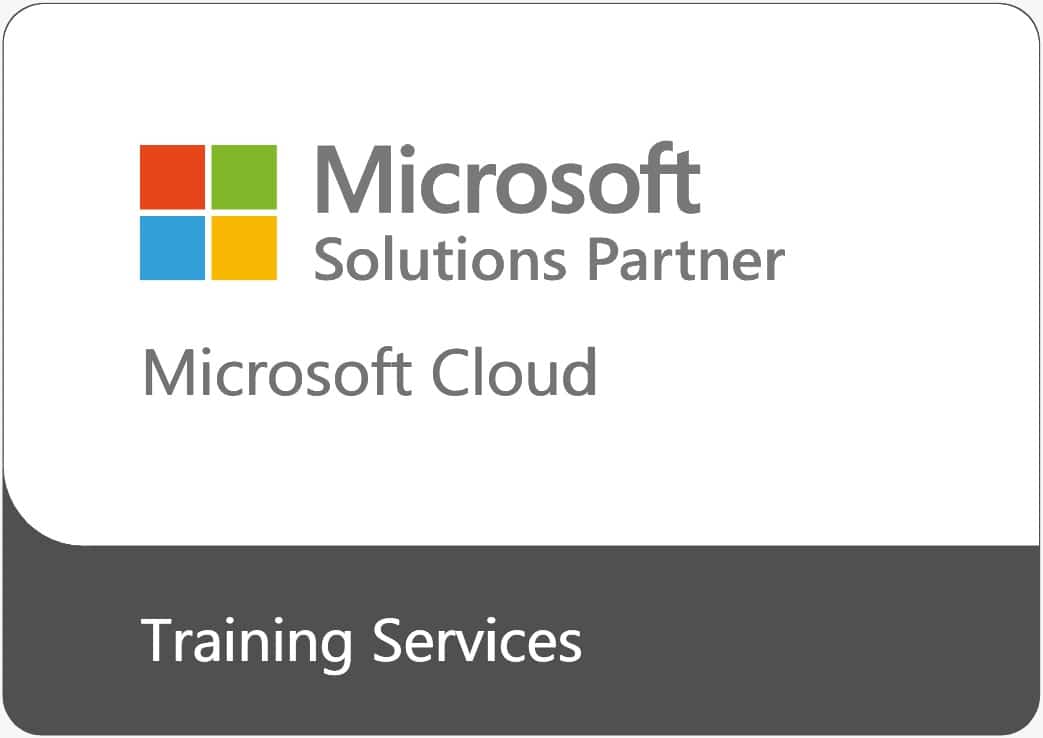This session will explore what is the concept of Data LakeHouse – a new, open data management architecture that combines the flexibility, cost-efficiency, and scale of data lakes with the data management and ACID transactions of data warehouses, enabling business intelligence (BI) and machine learning (ML) on all data. SQL Synapse now supports Data Architecture that can consist of Data Lake, Data Warehouse or a combination of both.
-
Validate your technical skills and open doors to new possibilities of advancement with Microsoft Applied Skills.
This learning path prepares you for the task of migrating SQL Server workloads to Azure SQL Database.
You’ll learn how to assess SQL Server components and compatibility for migration using the Azure SQL Migration Extension and Database Migration Assistant. This training guides you through the process of provisioning and configuring Azure SQL Database resources. You gain hands-on experience in choosing the best migration option to meet business requirements for downtime, handling migration state, and monitoring database migration.
Additionally, you’ll also learn to perform post-migration tasks like disaster recovery and monitoring for Azure SQL Database. These skills are essential for ensuring a smooth, efficient transition to Azure SQL Database, and maintaining its operation post-migration.
-
Validate your technical skills and open doors to new possibilities of advancement with Microsoft Applied Skills.
To train a machine learning model with Azure Machine Learning, you need to make data available and configure the necessary compute. After training your model and tracking model metrics with MLflow, you can decide to deploy your model to an online endpoint for real-time predictions. Throughout this learning path, you explore how to set up your Azure Machine Learning workspace, after which you train and deploy a machine learning model.
-
Level up with Microsoft Certified: Azure Database Administrator Associate.
This DP-300T00: Administering Relational Databases on Microsoft Azure course provides students with the knowledge and skills to administer a SQL Server database infrastructure for cloud, on-premises and hybrid relational databases and who work with the Microsoft PaaS relational database offerings. Additionally, it will be of use to individuals who develop applications that deliver content from SQL-based relational databases.
-
Implement a Data Analytics Solution with Azure Databricks
Learn how to harness the power of Apache Spark and powerful clusters running on the Azure Databricks platform to run data analytics workloads in a data lakehouse.
-
Implementing a Data Analytics Solution with Azure Synapse Analytics
This is a single day Instructor Lead Course designed to give the learners instruction on the SQL dedicated and serverless Spark pools and providing instruction of data wrangling and the ELT process using Synapse Pipelines which is very similar to those familiar with Azure Data Factory (ADF) to move data into the Synapse dedicated pool database.
-
Implement a Machine Learning solution with Azure Databricks
Azure Databricks is a cloud-scale platform for data analytics and machine learning. Data scientists and machine learning engineers can use Azure Databricks to implement machine learning solutions at scale.
-
Getting Started with Cosmos DB NoSQL Development
This course teaches developers to utilize Azure Cosmos DB for NoSQL API and SDK. Students will learn query execution, resource configuration, SDK operations, and design strategies for non-relational data modeling and data partitioning.
-
This learning path prepares you for the task of developing data-driven applications by using Microsoft Azure SQL Database.
You’ll learn how to create and configure an Azure SQL Database, build and deploy database projects using GitHub Actions and Azure Pipelines, and automate the publishing process. Additionally, you’ll explore how to use Data API builder for Azure SQL Database and develop a data API with Azure Web Apps and Static Web App.
Furthermore, you’ll gain skills in importing data via an external REST endpoint, exporting data using an Azure Function, and securing an Azure SQL Database. These essential skills will empower you to effectively develop and manage applications using Azure SQL Database.
-
Azure Database for PostgreSQL is a Platform as a Service database service in the Microsoft cloud. It bases itself on the PostgreSQL open-source relational database and includes built-in high availability, automatic backup and restore, as well as comprehensive security features. The pay-as-you-go pricing model provides predictable performance and near-instant scaling.
In this learning path, you learn the main features of PostgreSQL and how they work in Azure Database for PostgreSQL. You learn about the different Azure Database for PostgreSQL implementation options, and how to configure a server for your needs.
-
Learn how to harness the power of Apache Spark and powerful clusters running on the Azure Databricks platform to run large data engineering workloads in the cloud.
-
Generative Artificial Intelligence (AI) engineering with Azure Databricks uses the platform’s capabilities to explore, fine-tune, evaluate, and integrate advanced language models. By using Apache Spark’s scalability and Azure Databricks’ collaborative environment, you can design complex AI systems.





